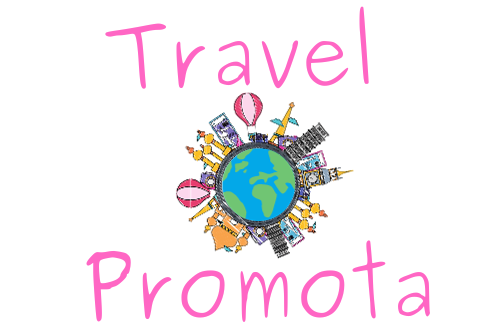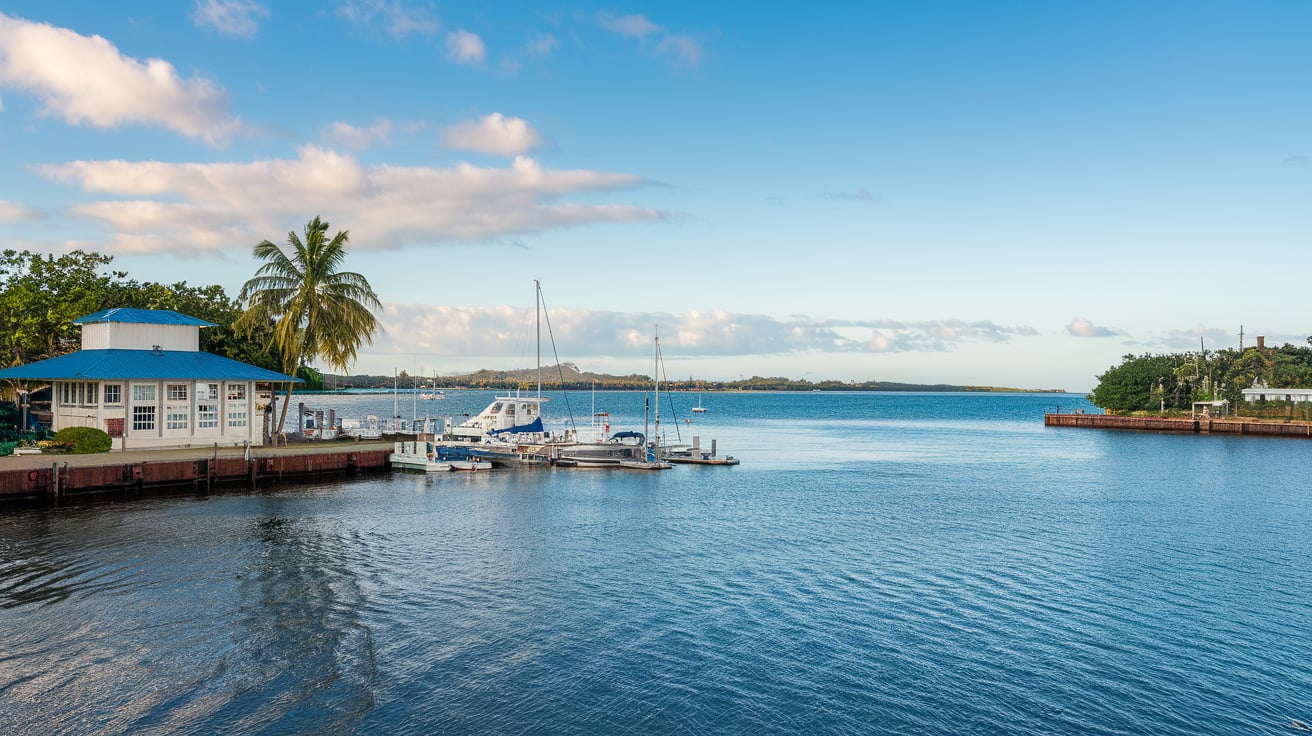Explore Suva: Fiji’s Vibrant Capital City and discover the allure of its rich culture, the stunning landscapes, or perhaps even the mouth-watering food. Whatever your motivation, Suva, with its vibrant energy and unique charm, has something for everyone.
The Heart of Fiji: A Brief Overview of Suva
Suva is not just the capital of Fiji; it’s the beating heart of the nation. As the largest city in Fiji, Suva is often bustling with activity, and it’s where you can witness the blend of traditional Fijian and modern influences. Walking through the streets, you can see colonial architecture side by side with contemporary buildings, reflecting the country’s history and development.
Language Spoken in Suva
One of the delightful aspects of visiting Suva is experiencing its linguistic diversity. English is widely spoken, as it’s one of the official languages. However, you’ll also hear Fijian and Hindi, among other languages. I found it fascinating to listen to the way locals switch from English to Fijian seamlessly while chatting amongst themselves. Although you might not pick up a lot of Fijian or Hindi during a short visit, a simple “Bula” (hello) can connect you to the locals in a warm and friendly way.
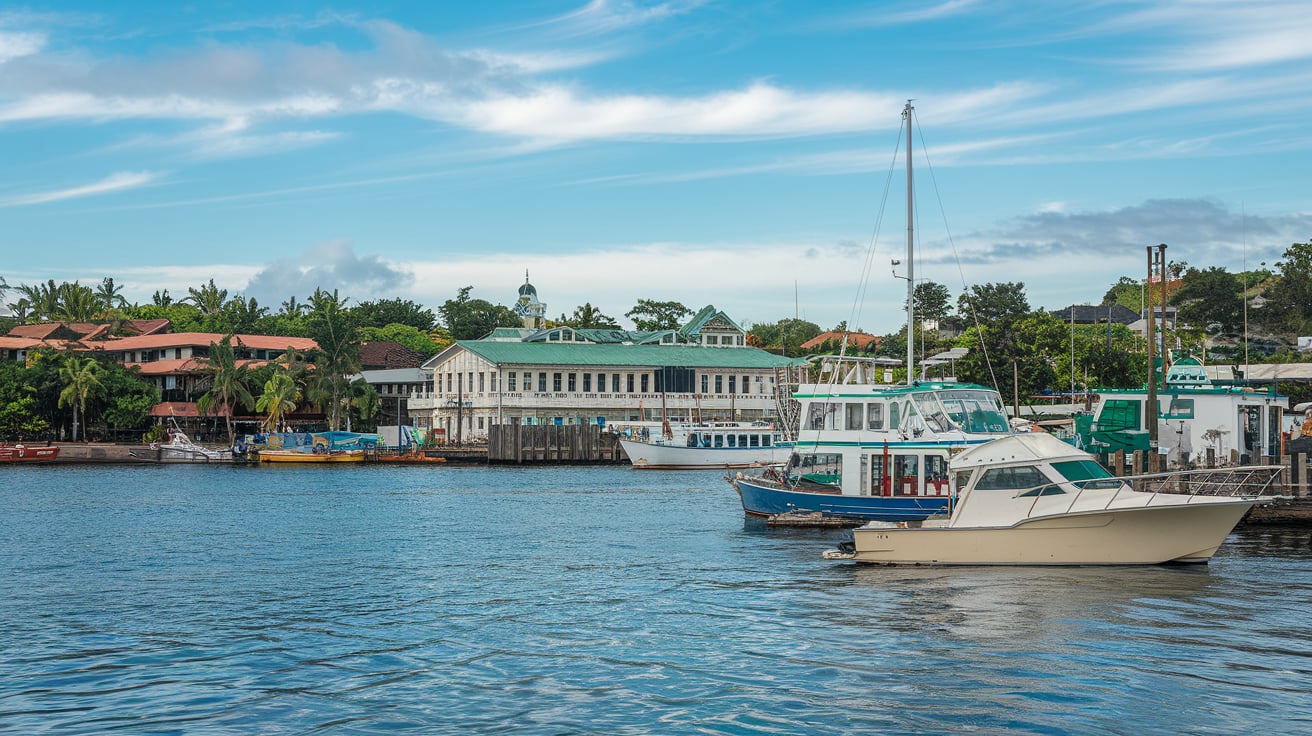
Is It Expensive?
When it comes to costs, Suva can be more expensive compared to other towns and rural areas in Fiji, but it’s all relative to what you are looking for. From budget backpacking options to mid-range hotels, there’s a range of accommodations you can choose from. Meals can vary widely in price. Street food is often quite cheap, while dining in nicer restaurants can set you back a bit more. Here’s a quick breakdown:
| Item | Budget (FJD) | Mid-range (FJD) | Luxury (FJD) |
|---|---|---|---|
| Accommodation (per night) | 30-80 | 130-250 | 300+ |
| Meal (street food) | 5-15 | 20-60 | 80+ |
| Bus fare | 1-2 | N/A | N/A |
For the most part, the city caters to various budgets, and I found it easy to manage my expenses while enjoying what Suva had to offer.
Types of Food Available
Food in Suva is as diverse as its population. Fijian cuisine often celebrates fresh, local ingredients with an emphasis on seafood, root vegetables, and tropical fruits. Don’t miss trying the famous Kokoda—fresh fish marinated in lime and coconut milk—it’s a dish that perfectly highlights the local flavors.
Apart from traditional Fijian food, Suva also has a delightful mix of Indian, Chinese, and Western cuisines. From hole-in-the-wall eateries to upscale restaurants, each place brings its unique flair. I particularly enjoyed visiting the food markets where I could sample a variety of dishes, all while soaking up the lively atmosphere.
Is It Safe to Walk Around?
Safety is always a concern for a traveler, and I was pleased to find Suva to be relatively safe to walk around. Like any city, petty crime can happen, so it’s wise to remain vigilant—keeping your belongings secure and avoiding poorly lit areas at night. During the day, strolling through the city felt enjoyable and safe, especially in crowded places.
The streets are filled with friendly locals who are often willing to help if you need directions or recommendations. I found that engaging with the local community added a lot to my experience, added to that, I also have some Fijian friends who rejoice in taking me to their special places!
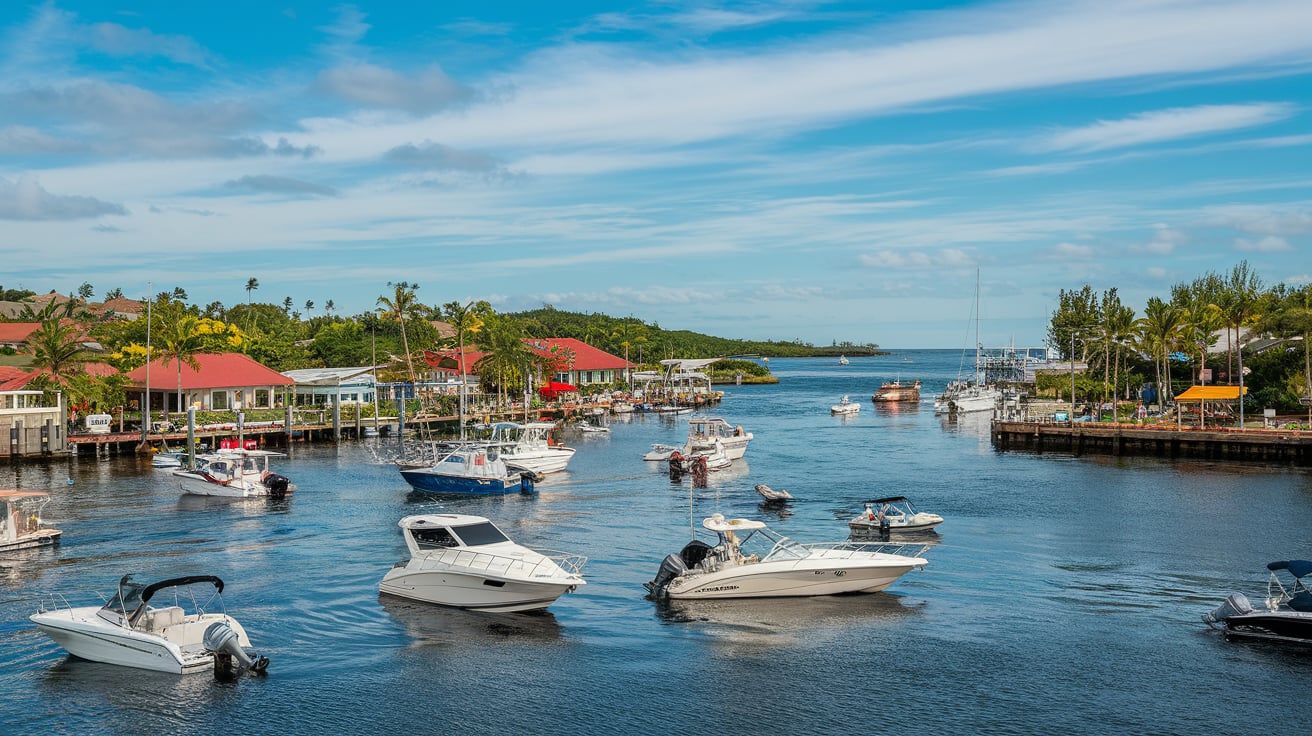
Is It Worth Visiting?
Absolutely! Suva is a unique fusion of cultures, vibrant street life, and historical significance that makes it an enriching destination. Whether you’re interested in museums, bustling markets, beautiful parks, or just soaking in the local vibe, there’s plenty to keep you entertained.
One notable attraction is the Fiji Museum, where I learned about Fiji’s history and the rich traditions of the islands. The close proximity of Suva to some of Fiji’s stunning natural landscapes also allows for easy day trips if you want to venture out for a bit.
Why Do People Go to Suva?
People visit Suva for many reasons—be it the intriguing history, vibrant art scene, or the opportunity to meet and interact with locals. Many travelers also use Suva as a base to explore other parts of Fiji since it has good transportation links.
What caught my attention the most was how the city embodies the spirit of Fijian life—community-oriented, friendly, and welcoming. Being in Suva felt like being part of something bigger—a melting pot where cultures intersect.
The Best Month to Visit
Timing your visit can make a significant difference in your overall experience. The best time to visit Suva is during the dry season, which typically spans from May to October. This period experiences milder temperatures and less rainfall, making it perfect for exploring the city and its surroundings.
However, visiting outside of this window can have its perks, like fewer tourists and unique experiences tied to local festivals. I have visited many times over the last 8 years, and during August I found the weather to be delightful, with a few showers that didn’t disrupt my plans.
Cultural Experiences in Suva
Suva thrives with cultural engagements. One of the must-see events I found engaging was the local markets, especially the Suva Market, where you’ll see locals selling fresh produce, traditional handicrafts, and vibrant floral arrangements. Not only is it a feast for the eyes, but it’s also an excellent way to experience the Fijian way of life.
Additionally, visiting cultural performances, like traditional Fijian dance or musical showcases, opened my eyes to the richness of Fijian heritage. If you’re lucky, you might catch a live performance in one of the parks or cultural centers.
Getting Around Suva
Navigating Suva is relatively easy, and I found various transportation options available. Buses are quite popular, and they offer an affordable way to get around. Most bus routes will connect you to essential parts of the city and surrounding areas.
Most of my visits have been on a cruise ship, as I am a member of the crew. I sometimes try to jump on the ‘Tour’ transport provided by the ship for Guests, as the drivers know everywhere worth visiting!
Alternatively, I enjoyed walking around to soak up the atmosphere, talk with locals, stop for coffee, and see as many attractions that are within a manageable distance. Taxis are also available, but always negotiate the fare in advance.
Natural Attractions near Suva
While Suva itself is bustling, it’s surrounded by beautiful natural attractions that are worth a visit. If you’re keen on connecting with nature, head over to the nearby Forest Park, Colo-i-Suva. This lush haven is a short drive from the city and offers trails, waterfalls, and opportunities to connect with the local wildlife.
There’s also the gorgeous Moturiki and Nukulau islands, which present a perfect spot for a getaway. I took a boat trip to one of these islands, where I immersed myself in stunning beaches and serene waters.
Accommodations in Suva
Finding the right place to stay can significantly enhance your experience. Suva has a variety of accommodations ranging from budget hostels to luxury hotels. When I visited, I opted for a mid-range hotel located near the city center. It gave me easy access to restaurants, shops, and major attractions without breaking the bank.
Depending on your budget, your options can vary, but here’s a quick overview:
| Accommodation Type | Price Range (FJD) | Description |
|---|---|---|
| Budget Hostels | 30-80 | Dorms or shared facilities, great for backpackers. |
| Mid-Range Hotels | 130-250 | Comfortable amenities with additional services. |
| Luxury Hotels | 300+ | High-end services and typically located near the seafront. |
Be sure to book in advance, especially during peak tourist seasons.
Nightlife in Suva
Once the sun sets, Suva doesn’t go to sleep. The nightlife is vibrant and offers something for everyone. You’ll find a mix of pubs, clubs, and laid-back bars where you can unwind after a day of exploring.
I loved visiting some local bars where I could relax with a drink and enjoy live music. The atmosphere was incredibly welcoming, allowing me to mingle with locals and fellow travelers alike.
Try Your Luck at Local Events
Sometimes, you might stumble upon local events or celebrations that showcase Fijian culture. If you’re lucky, you might find yourself at a “Lovo” feast—where food is cooked in an underground oven, creating a communal dining experience that’s not only delicious but also culturally enriching.
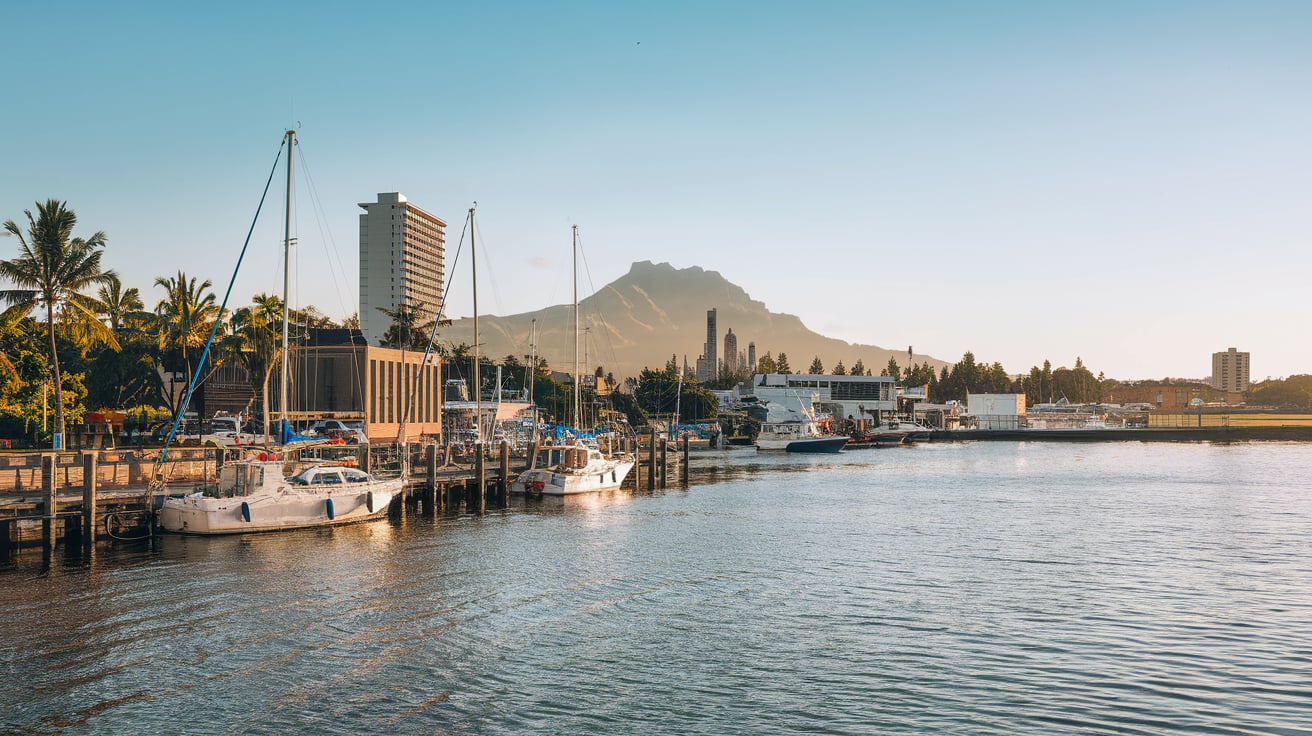
Final Thoughts
For anyone thinking about adding Suva to their travel itinerary, I wholeheartedly encourage it. As I have previously mentioned, I have visited Suva numerous times in my capacity as a member of crew on a cruise ship. In fact, I have visited no less than eight times in the past three months! Although my recent visits have been during Fiji’s winter period, it was still very warm, over 24 degrees each time, so you can imagine how hot it gets in the summer!
This city, steeped in history and alive with culture, offers a refreshing glimpse into Fijian life. From friendly faces to rich culinary experiences and vibrant markets, it’s a destination that resonates long after the trip is over.
If you seek a place that embodies warmth, community, and a touch of adventure, Suva is the place to be. Whether you choose to immerse yourself in the local culture or simply revel in its natural beauty, there’s no doubt that Suva will find a special place in your travel memories.
Don’t forget, Fiji itself is not that far away from New Zealand, so if you have time and can obviously afford it, it is well worth heading off there before making your way home.
Before you go, check out what ‘Kim’ has to say…(Simply click the play button)
